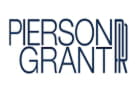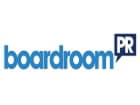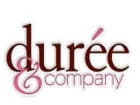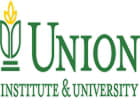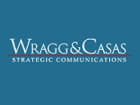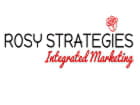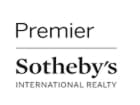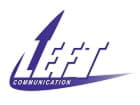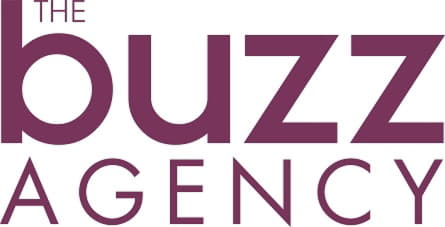Spike in Highest-Risk Cases Drives Increase in Defense Expenditures, According to the 2017 Carlton Fields Class Action Survey
The sixth annual Carlton Fields Class Action Survey confirms that the increase in class action defense spending reported in last year’s survey was no anomaly. After steadily decreasing expenditures from 2010 to 2014, spending rose in 2016 for the second consecutive year.
Companies across multiple industries spent $2.17 billion defending class action lawsuits in 2016, accounting for 11.2 percent of all litigation spending in the United States. These spending increases occurred even as the percentage of companies that reported facing class actions on an on-going basis normalized to 53.8 percent.
“There appears to be a trending increase in the magnitude of class actions, with companies facing increasingly higher risk and exposure,” said Julianna McCabe, director of Carlton Fields’ Class Action Survey and chair of the firm’s National Class Actions practice group. “Understandably, companies are spending more to manage that increased exposure.”
Respondents to the Carlton Fields class action survey reported the highest increase in “bet-the-company” and “high-risk” cases, from 9.5 percent in 2015 to 25.3 percent in 2016.
Additional key survey findings include:
- As the percentage of bet-the-company and high-risk class actions rose from 9.5 percent of matters in 2015 to 25.3 percent in 2016, the number of companies facing bet-the-company class actions doubled, from 8.3 percent in 2015 to 16.7 percent in 2016. Routine class actions also increased from 28 percent in 2015 to 38.7 percent in 2016. In response to this increased activity at both ends of the spectrum, fewer companies reported a “defend at the right cost” philosophy, and more companies reported that they favor a philosophy of defending at "all costs" or by "going low."
- Even as spending rose, corporate legal departments continued to use fewer in-house attorneys to manage their caseloads. As a result, in-house lawyers spent more time managing these cases and companies increased their use of outside counsel.
- Labor and employment matters displaced consumer fraud as the most common type of class action in 2016. Labor and employment now accounts for 37.7 percent of class actions and 38.9 percent of spending. Wage and hour claims surged, particularly in California. Consumer fraud class actions, however, remain a prominent part of the overall class action landscape.
- Consistent with the caseloads they are currently defending, companies report that wage and hour cases top the list as the most anticipated next wave of class actions (25.9 percent of respondents), followed closely by Telephone Consumer Protection Act (TCPA) cases (22.2 percent).
- Early case assessment has increased every year since the survey was first conducted and is now the common practice of 98.1 percent of all companies surveyed. Each year there is also an increase in the number of companies that make a single individual accountable for class action outcomes, from 38 percent in 2011 to 62.2 percent in 2016.
- For the second straight year, fewer companies report using alternative fee arrangements (AFAs) for class actions. Companies are less likely to use AFAs for their high exposure cases as 13.2 percent use them for bet-the-company matters compared to 32.1 percent for routine cases.
- Chris Coutroulis, a shareholder in the firm’s National Class Action practice, added: “Each year we see how the companies in the class action survey evolve more sophisticated practices to manage their cases.”
The Carlton Fields Class Action Survey is widely recognized as a powerful resource for in-house counsel who want to manage class actions effectively and efficiently. Results of the 2017 edition were compiled from 387 in-depth interviews with general counsel, chief legal officers, and direct reports to general counsel of 373 companies. Participating companies had average annual revenue of $13.8 billion and median annual revenue of $4.9 billion. The surveyed companies operate in more than 25 industries, including banking and financial services, consumer goods, energy, high tech, insurance, manufacturing, pharmaceuticals, professional services, and retail.
Read the Carlton Fields Class Action Blog.
Follow Carlton Fields on Twitter @CarltonFields.
About the Carlton Fields National Class Action Practice: Carlton Fields has litigated and counseled clients in hundreds of class actions for more than 30 years in federal and state courts across the nation, and in arbitrations. These cases present unique challenges due to their different rules, enhanced scope, and higher stakes. The firm understands the potential impacts, costs, and risks associated with class actions, and is a leader in developing legal approaches and strategies for handling class action litigation.






